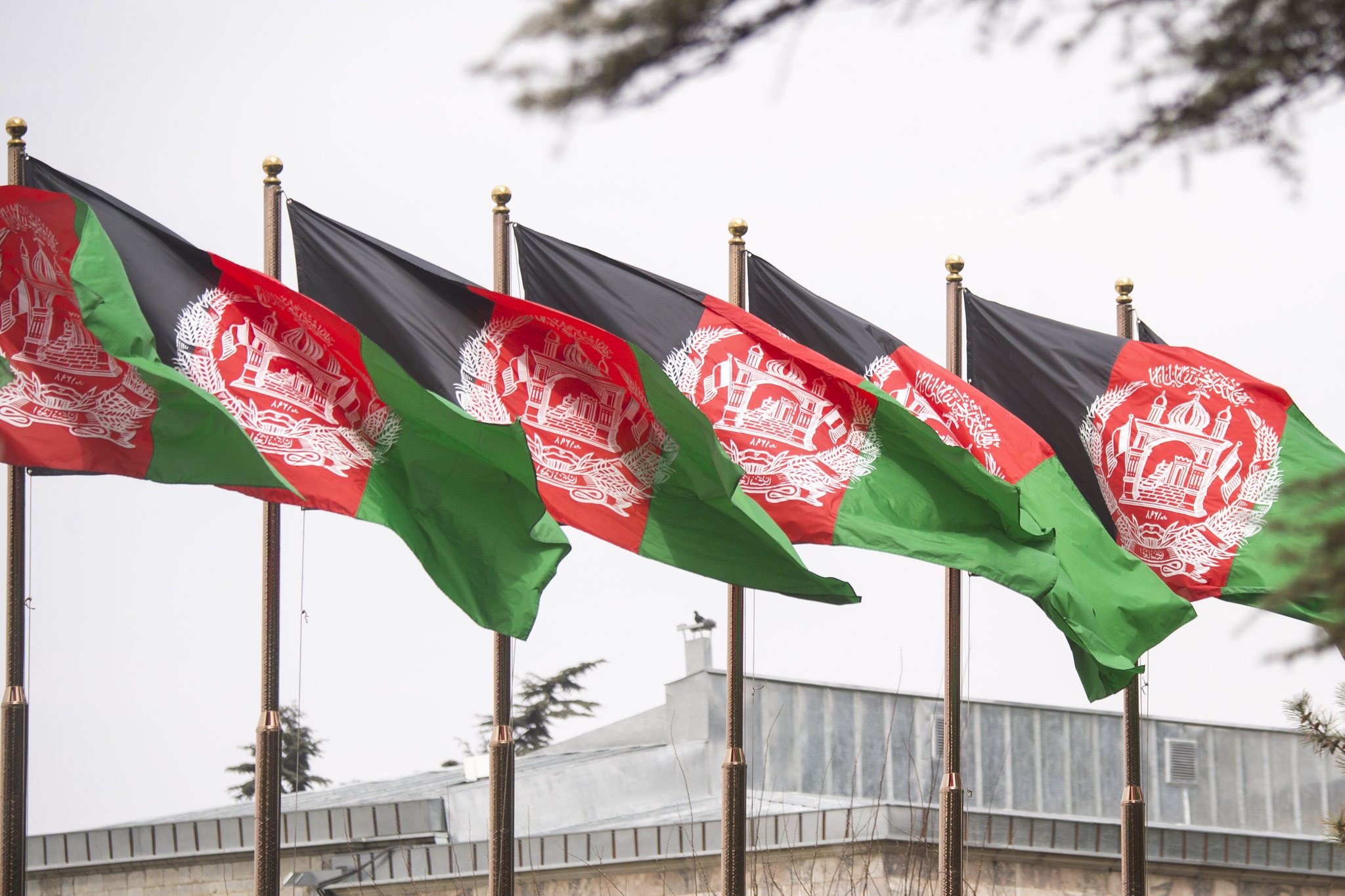Leveraging specific lessons learned from past peace processes in Afghanistan, this paper considers how peace processes and associated programming might be designed to support sustainable peace that delivers for all Afghans. In a fragmented donor environment, it highlights the importance of joined-up humanitarian and development programming in a post-peace context, as well as of building inclusive and legitimate institutions.
Key lessons:
- Following the Soviet troop withdrawal in the late-1980s, peace lapsed because the accord process took a top-down approach that neglected local perspectives. In recent years peace talks have been characterised by short-termism, conflicting international policies, an absence of oversight of implementation, as well as an assumed tabula rasa going into negotiations.
- Existing institutions may not be fit-for-purpose in a post-conflict governance setting. Power-sharing, constitutional reform and integration of Taliban security forces must be sensitive to elite interests and the risk of further fragmenting the Afghan state and damaging already-weak capacity for service delivery. Tackling crime and corruption requires multifaceted and sustained approaches, owing not least to Afghanistan’s legal pluralism.
- Local ownership and agency in directing and monitoring aid flows is essential to strengthening state legitimacy and capacity. The full breadth of National Priority Program policy proposals must receive donor support, not just the most appealing. Foreign troop withdrawal may remove harmful tensions between competing military and civilian-led development efforts.
Eliza Urwin with Mareike Schomerus

